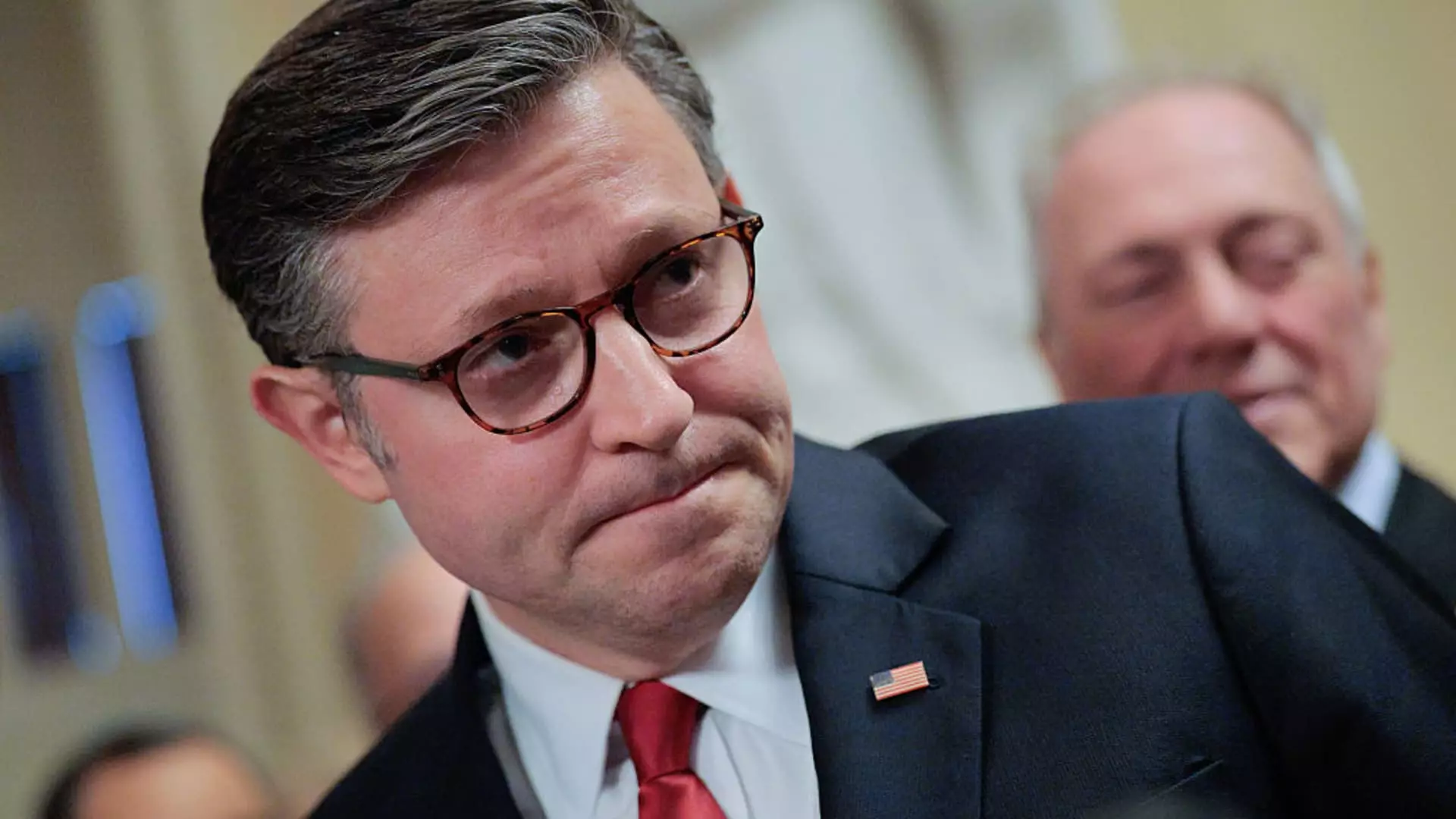In recent political pursuits, we observe lawmakers aiming to pass a mammoth tax and spending bill, touted by its proponents as a path to economic growth and national security. However, beneath this veneer of progress lies a perilous gamble. The push to endorse such sweeping legislation reveals a troubling prioritization of short-term political wins over long-term fiscal responsibility. The glitz and glamour of strategic negotiations, back-room deals, and party loyalty mask the underlying truth: this bill exacerbates economic inequality, fuels unchecked corporate greed, and jeopardizes essential social programs. As a centrist supporter of responsible liberalism, I find the obsession with massive tax breaks for the ultra-rich and substantial cuts to vital services profoundly disturbing, regardless of political allegiances.
Partisan Theatre or Policy Leadership?
The recent debate within the House was nothing short of dramatic—a tightrope walk of political maneuvering that exposed deep divisions. The narrow 219-213 vote underscores how fragile these political alliances are and questions whether this process truly reflects the will of the American people. Republican leaders celebrated this moment as a victory, yet the lopsided vote reveals pervasive discontent and suspicion about the bill’s true beneficiaries. Meanwhile, former President Trump does not shy away from fiery criticism, dismissing dissent within his party and calling for unyielding support. Such infighting and polarized rhetoric highlight a political environment more focused on party dominance than substantive policy solutions. This spectacle diverts precious attention from the real issues—poverty, health care, and economic stability—that demand bipartisan, principled debate.
The Hidden Toll on Americans in Need
A closer look at the bill’s provisions paints a bleak picture for many Americans who rely on social safety nets. The legislation’s promise of tax cuts and increased border security funding comes at a steep cost: slashing healthcare and nutrition programs that serve vulnerable populations. An estimated 17 million Americans risk losing their health insurance, while marginalized groups endure even deeper cuts to Medicaid and other essential services. For those fighting daily battles against poverty and illness, these policies threaten to push them further into hardship. Recognizing that economic growth should not come at the expense of fairness and social justice, many centrist liberals believe that responsible governance demands a pragmatic approach that safeguards the dignity and well-being of all citizens, not just the wealthy elite.
The Debt Dilemma and Fiscal Responsibility
Another critical issue hangs over this bill—the staggering $5 trillion increase in the debt limit. While proponents argue that such measures are necessary to fund vital programs and national security, critics warn of the dangers of unchecked borrowing. History teaches us that debt accumulation without strategic oversight can lead to financial crises, inflation, and the erosion of our global standing. Yet, the bill’s architects dismiss these concerns, emphasizing immediate gains over cautious planning. This shortsightedness exemplifies a broader failure in leadership: the inability or unwillingness to balance moderating fiscal discipline with the urgent needs of everyday Americans. Responsible liberal policies advocate for investments that promote sustainable growth, but this legislation seems driven by expediency and political bravado.
A Call for Thoughtful, Equitable Leadership
In the end, what this legislative saga underscores is the urgent need for a more nuanced, equitable approach to America’s economic future. The rush to push through a bill that favors the wealthy and sidelines essential social programs reveals a troubling disconnect. True leadership should prioritize fairness, fiscal responsibility, and policies that uplift all citizens, not just a privileged few. For those of us committed to center-leaning liberal ideals, this episode should serve as a reminder that effective governance demands integrity, transparency, and a steadfast commitment to the common good—values that appear increasingly absent in this spectacle of partisan power plays.

Leave a Reply